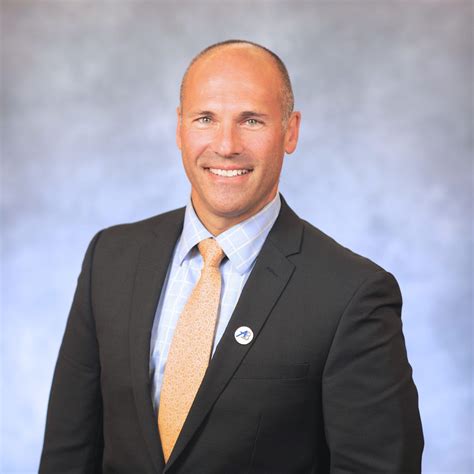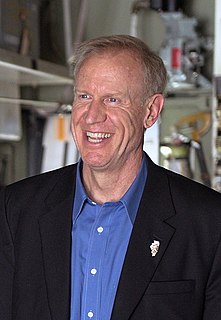A Quote by Andrew Yang
I like most of the venture capitalists I know; they're smart, well-intended guys who genuinely enjoy helping entrepreneurs succeed. And I love venture capital and investment capital of all categories - its economic impact is proven. The more of it the better.
Related Quotes
You know, development sometimes is viewed as a project in which you give people things and nothing much happens, which is perfectly valid, but if you just focus on that, then you'd also have to say that venture capital is pretty stupid, too. Its hit rate is pathetic. But occasionally, you get successes, you fund a Google or something, and suddenly venture capital is vaunted as the most amazing field of all time. Our hit rate in development is better than theirs, but we should strive to make it better.
You know what works in venture capital? A group of incredibly smart, connected people who have the financial wherewithal and risk appetite to make multi-million dollar bets on unproven ideas and inexperienced founders. People who can make decisions quickly, and who spend their time trying to help entrepreneurs make the most of that cash.
State funds, private equity, venture capital, and institutional lending all have their role in the lifecycle of a high tech startup, but angel capital is crucial for first-time entrepreneurs. Angel investors provide more than just cash; they bring years of expertise as both founders of businesses and as seasoned investors.
I would have loved to invest in Salesforce when I was active in venture. I didn't know the founder, Marc Benioff, well enough, and he didn't really rely on venture capital, but I remember the first time I met him and got to talk about Salesforce when they were still private. I thought, 'Damn, that is going to be a huge company.'
Harvard and Yale concentrated with venture capitalists that got the best calls and brainpower. Very few firms made most of the money, and they made it in just a few periods. Everyone else returned between mediocre and lousy. When returns happened, envy rippled through institutional money management. The amount invested in venture capital went up 10 times post-1999. That later money was lost very quickly. It will happen again. I don't know anyone who successfully resists this stuff. It becomes a new orthodoxy.
There is always a critical job to be done. There is a sales door to be opened, a credit line to be established, a new important employee to be found, or a business technique to be learned. The venture investor must always be on call to advise, to persuade, to dissuade, to encourage, but always to help build. Then venture capital becomes true creative capital - creating growth for the company and financial success for the investing organization



































